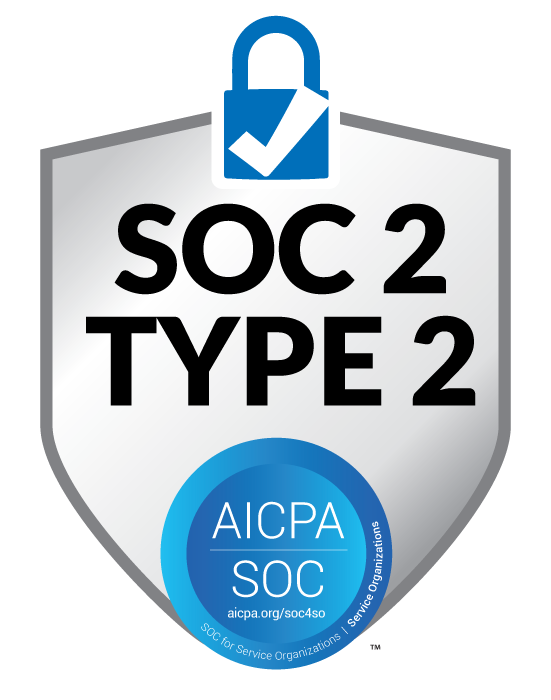Agentic AI : A Strategic Guide for CMOs
In today’s dynamic marketing landscape, Chief Marketing Officers (CMOs) are tasked with delivering impactful, data-driven campaigns while navigating operational complexities. The emergence of agentic AI—autonomous AI systems capable of reasoning, decision-making, and task execution—offers a transformative opportunity to enhance marketing operations. When combined with thoughtful business process improvement (BPI), agentic AI can streamline workflows, deepen customer insights, and drive measurable results.
What is Agentic AI?
Agentic AI represents a leap beyond traditional AI systems. Unlike predictive models or rule-based automation, agentic AI is autonomous and goal-oriented, with capabilities including:
- Reasoning: Analyzing data, evaluating scenarios, and making informed decisions.
- Task Execution: Performing complex tasks, such as optimizing ad spend or generating content, to achieve predefined objectives.
- Adaptability: Learning from outcomes and refining strategies in real time.
In marketing, agentic AI acts as a strategic partner, capable of handling everything from campaign planning to customer journey orchestration.
The Importance of Business Process Improvement (BPI)
Agentic AI thrives in environments where processes are streamlined and data is accessible. Marketing operations often face challenges like siloed teams, manual workflows, and fragmented data systems. Business process improvement (BPI) addresses these issues by:
- Process Mapping: Identifying inefficiencies in campaign execution, content creation, or analytics.
- Data Integration: Consolidating data from CRM, DMP, and analytics platforms into a unified system.
- Collaboration: Aligning marketing, sales, and IT teams to support AI adoption.
- Standardization: Establishing consistent protocols for reporting, campaign management, and performance tracking.
By pairing BPI with agentic AI, CMOs create a cycle of continuous improvement: optimized processes feed clean data to AI systems, and AI-driven insights inform further refinements.
Applications of Agentic AI in Marketing Operations
Below are five key applications where agentic AI, supported by BPI, delivers value:
- Streamlined Campaign Planning and Execution
Challenge: Coordination across creative, media, and analytics teams often leads to delays.
How Agentic AI Helps:- Audience Segmentation: AI analyzes data to create precise segments.
- Content Personalization: AI generates tailored ad copy or social posts.
- Media Optimization: AI allocates budgets in real time based on performance.
BPI Contribution: Integrated data systems and standardized templates ensure AI has accurate inputs.
Outcome: Faster launches and improved ROI through dynamic optimizations. - Deeper Customer Insights and Personalization
Challenge: Scaling personalization manually is resource-intensive.
How Agentic AI Helps: Processes unstructured data to predict preferences, recommend offers, and detect sentiment shifts.
BPI Contribution: Unified customer data provides a 360° view.
Outcome: Higher conversion rates and customer loyalty. - Efficient Content Creation and Optimization
Challenge: Producing on-brand content across channels causes creative fatigue.
How Agentic AI Helps:- Creative Assets: Generates blog posts, emails, or scripts.
- A/B Testing: Tests variations and selects top performers.
- SEO Optimization: Enhances discoverability via trend analysis.
BPI Contribution: Centralized asset libraries and streamlined approvals.
Outcome: Cost-effective content with higher engagement. - Real-Time Performance Analytics
Challenge: Static reports delay actionable insights.
How Agentic AI Helps: Monitors KPIs across channels, identifies underperformers, and forecasts trends.
BPI Contribution: Automated data pipelines and standardized reporting.
Outcome: Rapid, data-driven decisions improve agility. - Seamless Customer Journey Orchestration
Challenge: Managing omnichannel journeys requires constant manual oversight.
How Agentic AI Helps: Maps touchpoints, triggers personalized interactions, and adjusts journeys dynamically.
BPI Contribution: Unified systems and clear journey mapping.
Outcome: Cohesive experiences that drive satisfaction and conversions.
Implementing Agentic AI: A Strategic Roadmap
Follow these steps to integrate agentic AI into marketing operations:
- Evaluate Current Operations: Audit processes, data silos, and set clear objectives.
- Prioritize BPI: Streamline workflows, integrate systems, and align teams.
- Select a Suitable AI Platform: Choose secure, customizable, no-code solutions that fit enterprise needs.
- Start with a Pilot: Automate one campaign or insight process, measure results, and refine.
- Train and Empower Teams: Provide hands-on AI tool training for marketers.
- Monitor and Iterate: Track KPIs, optimize models, and adapt to new requirements.
Addressing Adoption Challenges
Implementing agentic AI may surface obstacles:
- Data Privacy: Use on-premise or secure cloud deployments to comply with GDPR/CCPA.
- Change Resistance: Communicate benefits and offer training to build stakeholder buy-in.
- Integration: Ensure AI platforms connect seamlessly with CRM and analytics tools.
- Cost: Demonstrate pilot ROI to justify broader investment.
The Future of Agentic AI in Marketing
Emerging trends will further expand agentic AI’s impact:
- Emotional Intelligence: AI that senses customer emotions for empathetic campaigns.
- Predictive Modeling: Advanced forecasts of market trends and competitor moves.
- Autonomous Ecosystems: Fully automated marketing operations from strategy through execution.
CMOs who invest today will lead tomorrow’s data-driven, agile marketing.
Conclusion
Agentic AI, paired with BPI, offers CMOs a powerful framework for transforming marketing operations. By automating workflows, personalizing experiences, and delivering real-time insights, this technology drives efficiency and impact. Platforms that prioritize security, customization, and ease of use—like lowtouch.ai—empower marketing leaders to harness AI confidently and achieve lasting competitive advantage.
About the Author

Aravind Balakrishnan
Aravind Balakrishnan is a seasoned Marketing Manager at lowtouch.ai, bringing years of experience in driving growth and fostering strategic partnerships. With a deep understanding of the AI landscape, He is dedicated to empowering enterprises by connecting them with innovative, private, no-code AI solutions that streamline operations and enhance efficiency.
Frequently Asked Questions (FAQ)




